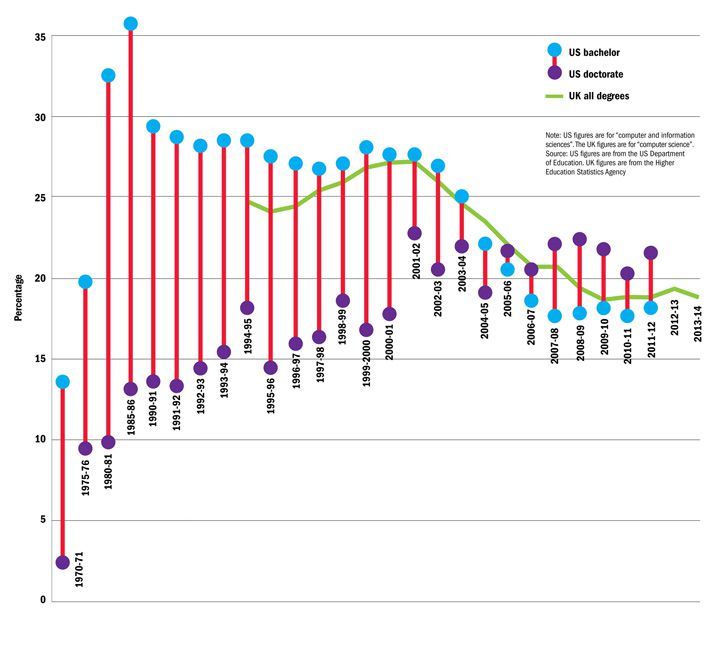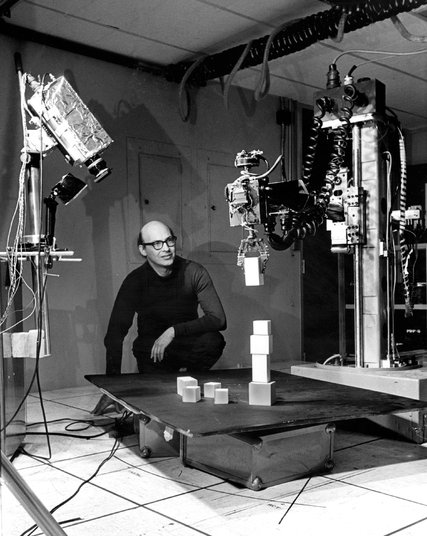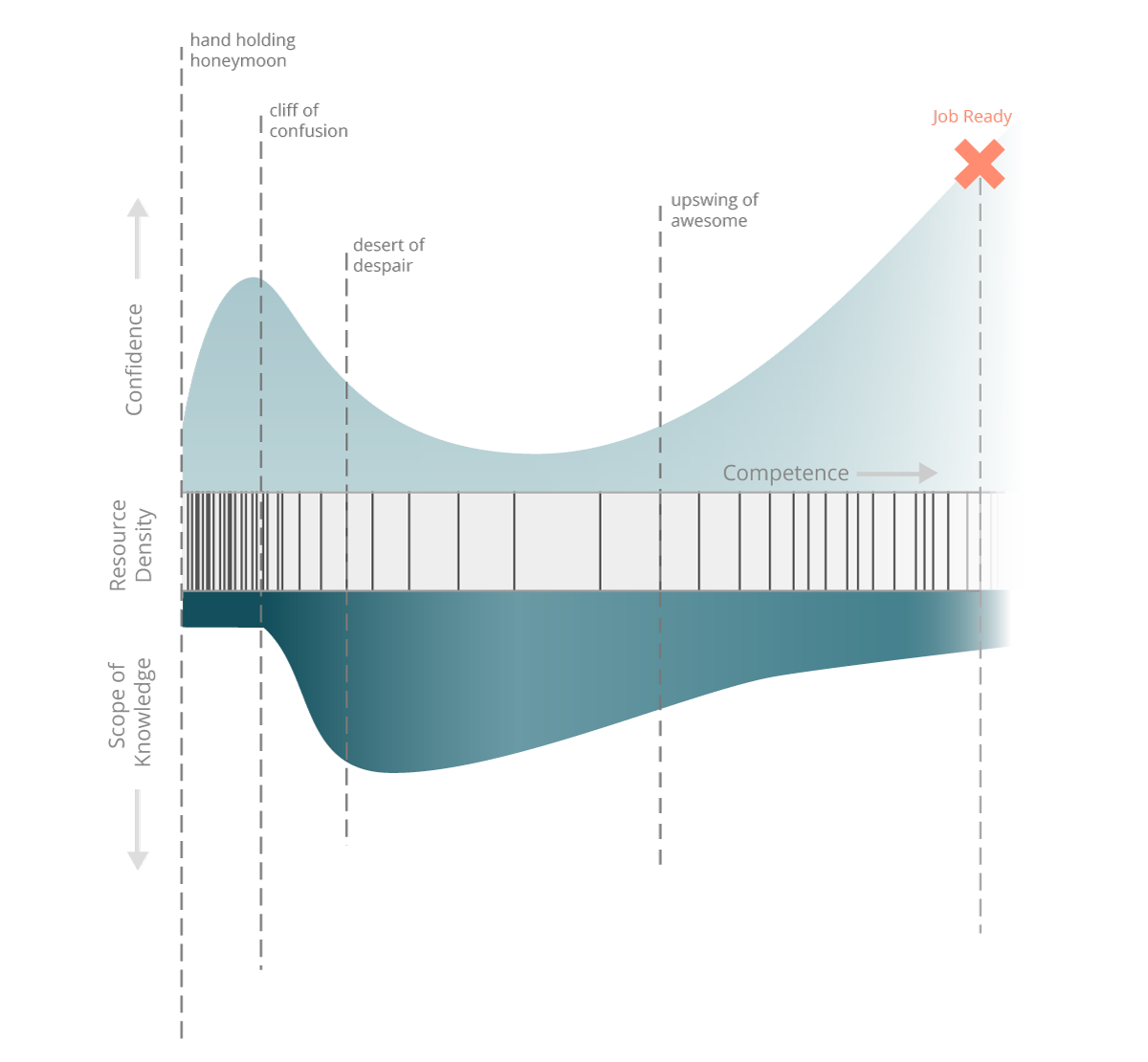Rather than follow the trend of the past 30 years of trying to crack games using computing power, DeepMind has reverted to mimicking human-like knowledge, albeit by training, rather than by being programmed, he says. The feat also shows the power of deep learning, which is going from success to success, says Coulom. “Deep learning is killing every problem in AI.”
Source: Google AI algorithm masters ancient game of Go : Nature News & Comment




